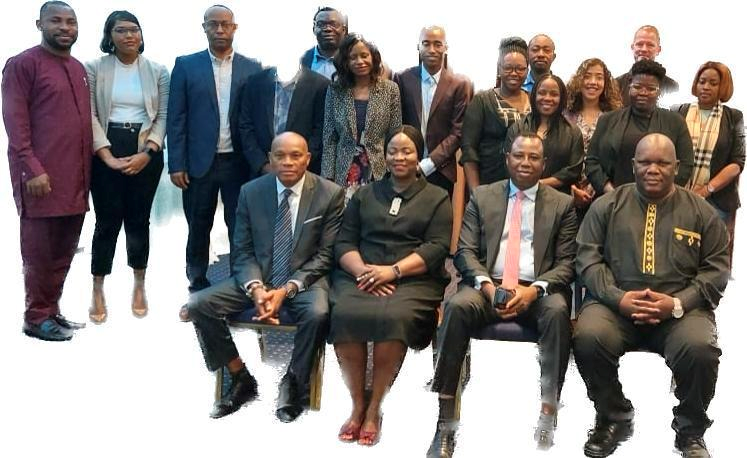The Ethiopian Human Rights Commission (EHRC) took part in the African Regional Business and Human Rights Forum, which took place from October 12-13, 2022 in Accra, Ghana. The Commission was represented by its Director of Socio-Economic Rights Department, Dr. Mizanie Abate.
The forum convened by multiple organizations including the African Union and the United Nations brought together stakeholders from across Africa to take stock of progress, discuss challenges and opportunities for promoting responsible business conduct and corporate accountability in the region. Framed around the African Union Draft Policy on Business and Human Rights (BHR), the forum offered a platform for all actors interested in and working on advancing the BHR agenda in the continent.
On the margins of the forum, the Network of African National Human Rights Institutions (NANHRI) and The Danish Institute for Human Rights (DIHR) jointly organized two events which were attended by invited NHRIs including EHRC.
During the workshop on Sustainable Oceans and the Blue Economy, participants discussed how NHRIs in the African region can engage in the development and implementation of regional and national frameworks surrounding the Blue Economy. Moreover, it was an opportunity for NHRIs to learn more about Sustainable Oceans and the Blue Economy. The discussions also covered internal water issues, such as lakes, rivers and tidewaters as well as peculiar concerns of landlocked countries.
The second event which focused on BHR, offered a platform for African NHRIs to discuss before the general forum sessions to deliberate on BHR priorities for the continent, discuss core BHR thematic areas for NHRI work and strengthen collaboration among African NHRIs on BHR. The event also served as an opportunity to build on peer learning and encouraged information sharing among African NHRIs on BHR strategies and priorities.
It was stated during the event, National Action Plans (NAPs) on Business and Human Rights should be designed to articulate a state’s priorities and actions to implement the United Nations Guiding Principles on BHR. In light of this, the participants agreed to use their broader mandates to tackle BHR issues, advocate for development of NAPs and take part in the formulation process.
